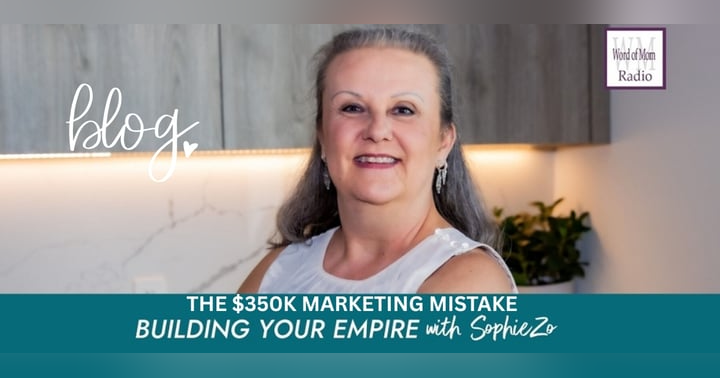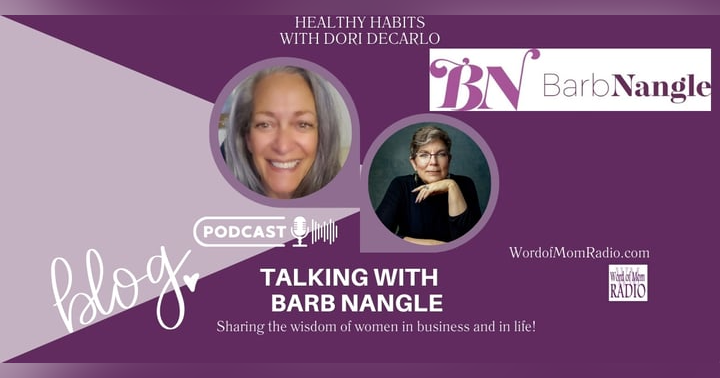Navigating Autism in Diverse Communities: A Conversation with Dr. Simone Kolysh

Defiant Life Coaching
In conversation with Dr. Simone Kolysh on The Village Vision with Dr. Crystal Morrison on WoMRadio, we delved into the intersection of autism and diverse identities, exploring the challenges and strategies for navigating social, cultural, and societal barriers faced by individuals with autism from marginalized backgrounds. Here, we expand on this rich discussion, providing insights and resources to further empower our understanding and support.
Intersectionality of Autism and Diverse Identities
Autism is a neurodevelopmental condition that affects brain function and development. While it manifests in many ways, its impact is often compounded for individuals who belong to marginalized communities. Intersecting factors such as race, ethnicity, culture, socioeconomic status, and gender can create unique challenges that can amplify the barriers faced by autistic individuals. For example, individuals with autism from minority backgrounds may experience discrimination or bias in healthcare, education, and employment settings. They may also face cultural differences that affect their communication, social interaction, and sensory preferences.
Challenges Faced by Marginalized Individuals with Autism
Marginalized individuals with autism face a multitude of challenges that can significantly impact their well-being and quality of life. These challenges include:
- Misdiagnosis and Lack of Access to Services: Individuals from marginalized communities may be misdiagnosed or underdiagnosed, leading to delayed or inadequate access to essential services and interventions.
- Cultural and Linguistic Barriers: Communication can be challenging for autistic individuals, and cultural and linguistic differences can further exacerbate these barriers. Access to culturally competent and language-appropriate services is crucial for effective support.
- Discrimination and Bias: Prejudice and discrimination based on race, ethnicity, gender, or other marginalized identities can create additional barriers to accessing services, employment, and social participation.
- Sensory Sensitivity: Sensory sensitivities are common in autism, and environmental factors can trigger overwhelming reactions. For marginalized individuals, sensory overload can be exacerbated by socioeconomic factors, such as living in crowded or noisy environments.
Strategies for Navigating Barriers
Despite the challenges faced, there are empowering strategies that individuals and communities can employ to navigate barriers and promote the well-being of marginalized individuals with autism. These strategies include:
- Advocacy and Education: Raising awareness about the unique challenges faced by marginalized individuals with autism is essential for fostering understanding and support. This can be done through advocacy groups, social media campaigns, and community outreach programs.
- Culturally Competent Services: Providing culturally competent services that are tailored to the needs of marginalized communities is crucial for effective support. This includes hiring staff from diverse backgrounds, providing language interpretation, and incorporating cultural practices into interventions.
- Empowerment and Self-Advocacy: Empowering autistic individuals with the knowledge and skills to self-advocate for their needs is essential for ensuring their voices are heard. This can be done through peer support groups, workshops, and training programs.
- Community Partnerships: Building partnerships between organizations and community groups can create a network of support for marginalized individuals with autism. This can include partnerships between schools, healthcare providers, community centers, and advocacy groups.
Dr. Simone Kolysh: A Personal Journey and Advocacy
Dr. Simone Kolysh, a guest on the Village Vision podcast episode, shared her powerful personal journey as an autistic individual from a marginalized background. She emphasized the transformative power of self-acceptance and self-advocacy, as well as the importance of creating inclusive communities where everyone can thrive. Dr. Kolysh's work as a coach and advocate is an inspiring example of how marginalized individuals can overcome challenges and make a meaningful impact in the world.
Closing Reflections and Call to Action
Navigating autism in diverse communities requires a multifaceted approach that combines understanding, advocacy, and empowerment. By embracing intersectionality and addressing the unique challenges faced by marginalized individuals, we can create a more inclusive society that celebrates neurodiversity and supports the well-being of all.
We encourage you to listen to the full episode and engage with the resources provided to further your understanding and support efforts in your community. Together, we can ensure that all individuals with autism, regardless of their background, have the opportunity to reach their full potential and live fulfilling lives.




